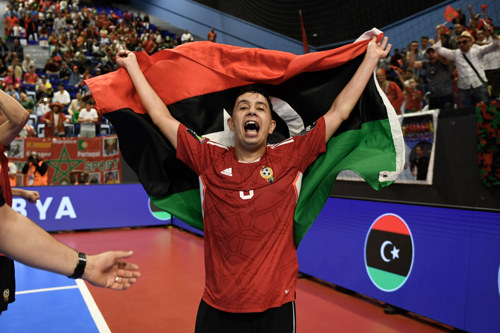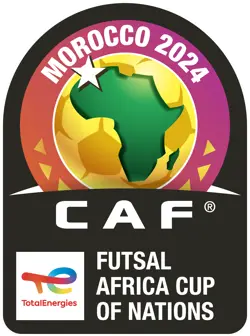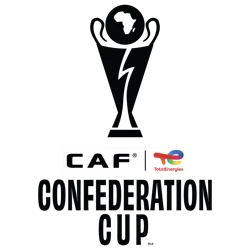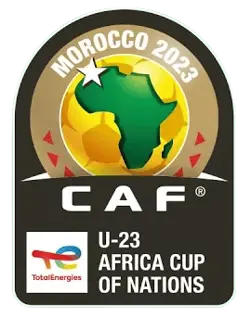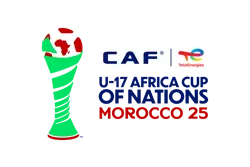President Abraheem on importance of infrastructure development for gradual growth of Libyan football
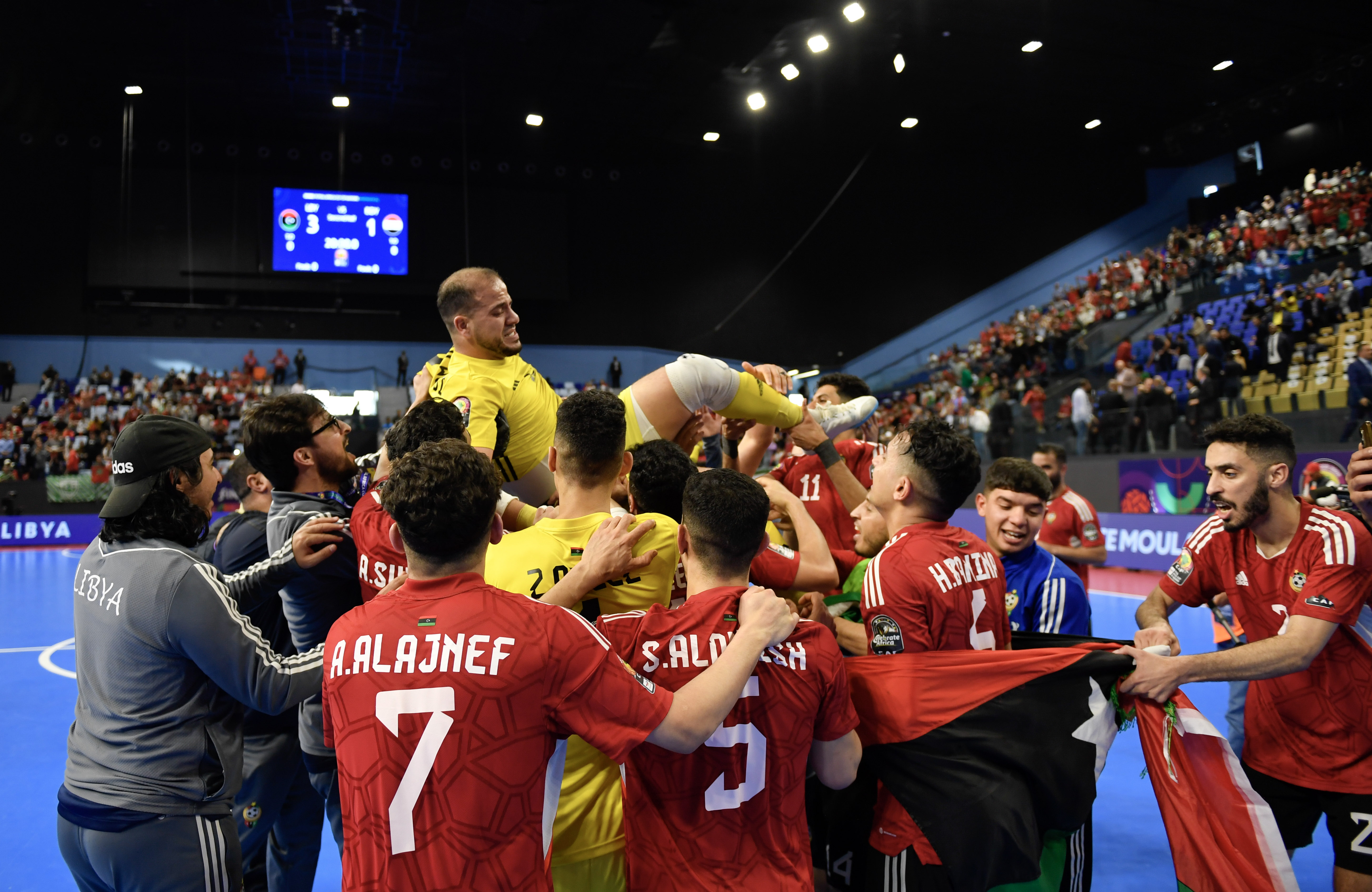
The Libyan Football Federation (LFF) has made significant strides in recent times so far as strengthening its administration and working towards establishing modern infrastructure to develop the game in Libya.
The Federation has recently prioritised infrastructure development and good governance as key components towards building a strong football development model that will see the nation evolving into a strong football nation in Africa.
Speaking to CAFOnline recently, LFF President, Mr Alshelmani Abdulhakim Abraheem shares some of the progress made by the Federation through its collaborative efforts and guidance from CAF.
Football has proven to be a key driver in transforming the image of Libya as a country. Tell us how the recent efforts towards infrastructure development have shaped this.
Faced with significant challenges, the Libyan Football Federation (LFF) has demonstrated a commendable commitment to the growth and development of football within the nation. With infrastructure restoration and development being one of the key areas of work, LFF has prioritized the restoration and improvement of football infrastructure. This includes the renovation of existing stadiums and training facilities, ensuring they meet CAF standards and provide a safe and functional environment for players and fans alike.
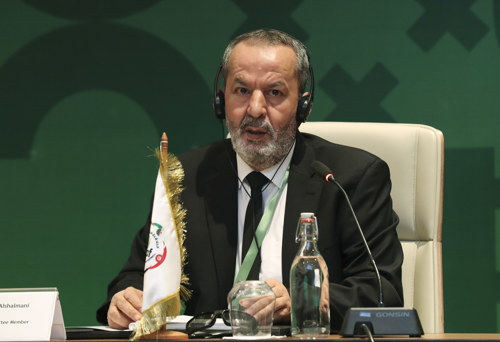
The Tripoli Stadium has enjoyed a recent revamp. Are there any plans to do the same with other existing stadiums?
The Tripoli stadium, initially built in 1968, was renovated and officially reopened during a match between AC Milan Legends and Africa Legends on the 8th of March. By the end of 2024, the LFF are committed to having three stadiums to host international matches in Tripoli in the west, Misurata (200km away from Tripoli) and Benghazi in the east of a 2,000km coastline on the Mediterranean, each in a city with an international airport. Additionally, the LFF has embarked on a strategic program to construct new training facilities, particularly at the youth level nationwide.
There has been regular participation of Libyan clubs in CAF Interclub competitions. How important is this for the federation?
Libyan teams’ presence in the CAF Confederation Cup and Champions League is the result of hard work, dedication, and planning, not only of the clubs but also of the LFF. Against a challenging political environment, LFF has succeeded in keeping football going throughout.
Despite the challenge of travel from the East to the West, LFF managed to run the Premier League, the U17 and U20 fixtures and competitions. Dividing these categories into two 11-team groups on the East and West of the country, a 6-team final tournament determines the winner of each category.
Lastly, the nation made a strong statement by finishing third at the recent TotalEnergies CAF Futsal AFCON. What can you attribute this achievement to?
Finishing 3rd in this year’s TotalEnergies CAF Futsal AFCON is a result of the importance LFF has given to this category since all Premier League clubs are required to have a Futsal side.
It is a start of greater things to come from the LFF, and working closely with CAF, we are building towards being a strong football nation in the coming years.
